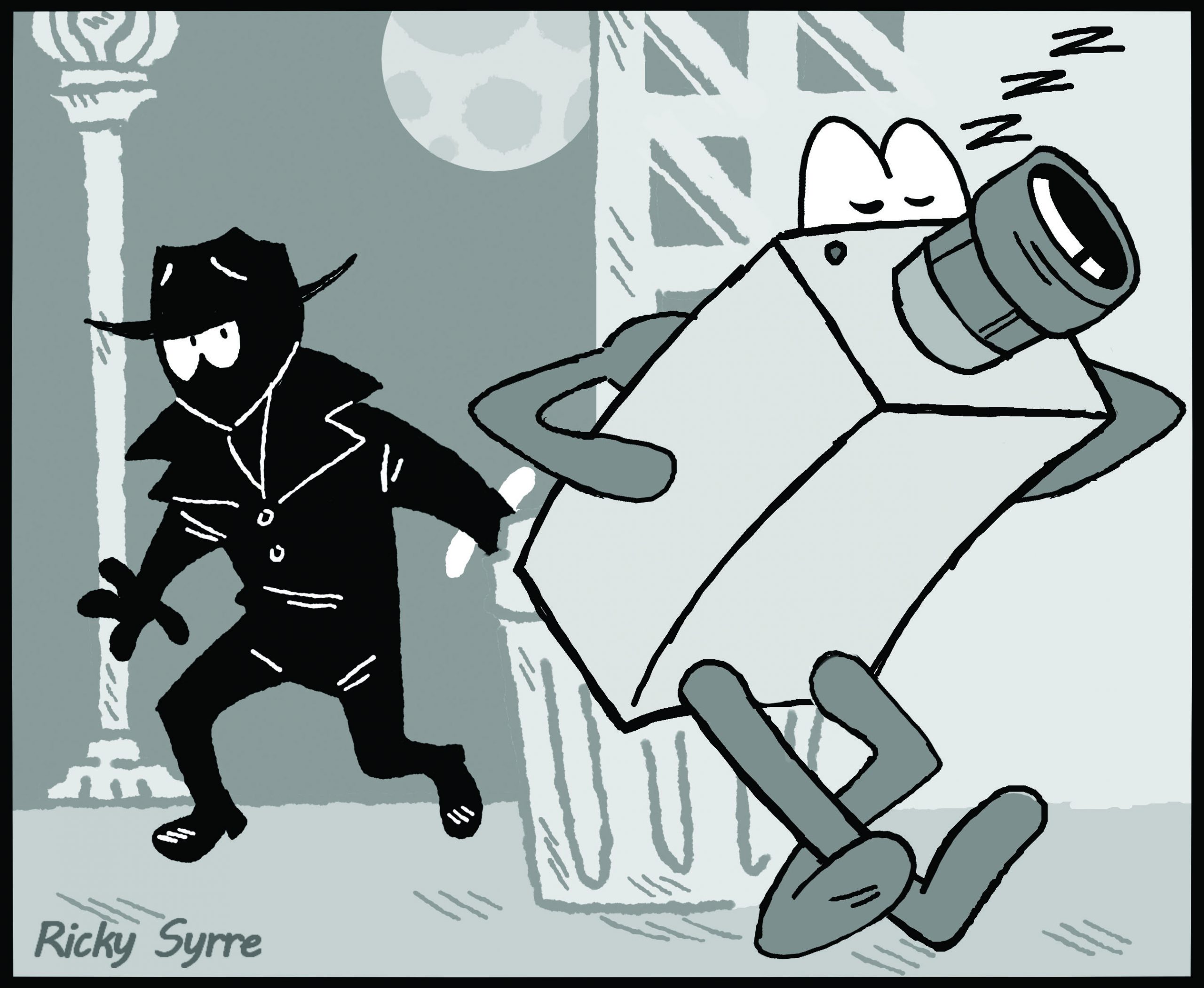 On February 28, 2013, Pope Benedict XVI officially resigned his position as Holy Father of the Catholic Church. This marks the end of his eight-year term in what has been a till-death engagement for the last 600 years. While statements from Vatican City, the headquarters of the church, state the former Pope resigned for health reasons, numerous theories and conspiracies have arisen in challenge. A wave of uncertainty has fallen upon Catholics the world over as the College of Cardinals convenes in papal conclave to decide Pope Benedict’s successor.
On February 28, 2013, Pope Benedict XVI officially resigned his position as Holy Father of the Catholic Church. This marks the end of his eight-year term in what has been a till-death engagement for the last 600 years. While statements from Vatican City, the headquarters of the church, state the former Pope resigned for health reasons, numerous theories and conspiracies have arisen in challenge. A wave of uncertainty has fallen upon Catholics the world over as the College of Cardinals convenes in papal conclave to decide Pope Benedict’s successor.
Preceded by very little warning, Pope Benedict announced to the College of Cardinals early last Thursday that he would be stepping down, while simultaneously declaring his loyalty and obedience to his future successor. The Pope then left Vatican City for his summer home, Castel Gandolfo, before he’ll take up residence back at the Vatican in a converted retirement house. There, Benedict will hold the title “Pope Emeritus,” despite holding no decision making influence within the church. Benedict gave his final public address as Pope from Castel Gandolfo Thursday night, saying he was about to become simply “a pilgrim who is starting the last phase of his pilgrimage on this Earth.”
The announcement came as a shock to the world, simply because no other Pope has resigned in over six centuries. In the wake of such an unexpected event, numerous conspiracies have been presented as explanation. These theories range from the church wanting a new face to evade attacks from the victims of abuse within the church, to the Pope leaving to join the Illuminati and even that he’s resigned after “seeing the light” in a mysterious text dubbed the Gospel of Barnabas (wherein Jesus is said to be merely a prophet, not the Son of God, and is also said to have taught the Muslim prophet Mohammed). Given the Pope’s physical appearance for the last year or so, it’s more likely related to aging. Indeed, many within the church have praised the Pope for stepping down—putting the church before himself, so to speak, instead of merely trying to run things himself despite his failing health.
His resignation is not met without negativity, however. Numerous survivors of clergy abuse in recent years and their supporters have stepped in to have their say on the issue as well. Bernie McDaid, who was one of a small few granted an audience with the Holy See in regards to their legal battle with the church, has been at the forefront alongside a few others. McDaid recalls the meeting, saying that Pope Benedict stood on a small podium to increase his height and shake hands with his guests, genuinely enthusiastic in greeting. He continues to describe the meeting positively, saying that the Pope seemed quite sympathetic to their tragedy, and that he left the meeting feeling strongly that the Pope would truly do everything he could to resolve the issue. In the months and years following, however, McDaid said the Pope did not follow through with his promise. Among other reasons, he stated that the Pope never removed many Cardinals and other officials who were accused of involvement in the worldwide cover-ups of the last decade and before. These very same Cardinals will be joining the College in conclave in the days immediately following Pope Benedict’s resignation. To make matters worse, these Cardinals even have a chance of being made the next Pope.
With human rights issues prominent in the public and media eye, the Church is placed in a very critical light as the College discusses and votes on Pope Benedict’s successor. They’ll make their choice under close guard and in absolute secrecy before giving their blessing to their new leader and announcing to the world; and they’ll be judged from all sides regardless of what choice they make. Perhaps what all this uncertainty shows us is a faltering in the foundation supporting today’s Catholic Church. With the general public making great strives towards equality on all fronts, the Church is left behind bound by outdated philosophies that don’t hold up to society’s current scrutiny. Adding the scandals and cover-ups regarding clergy abuse paints the Church in an even more negative light. With hope, and perhaps a bit of luck, Pope Benedict’s successor will be a bet less reclusive and take a more active role in addressing the issues the public is demanding of the Vatican—issues the former Pope may not have been able to adequately deal with. Perhaps this was even the plan all along—to change things up at a time when the Church desperately needs renewal.
Whatever the reason, the Church is unanimously confident that the College will produce an answer. Pope Benedict’s resignation will likely appear as nothing more than a product of aging, a fitting end to a career that is celebrated regardless of current events.
Saturday, July 27, 2024
A DEL MAR COLLEGE STUDENT PUBLICATION




